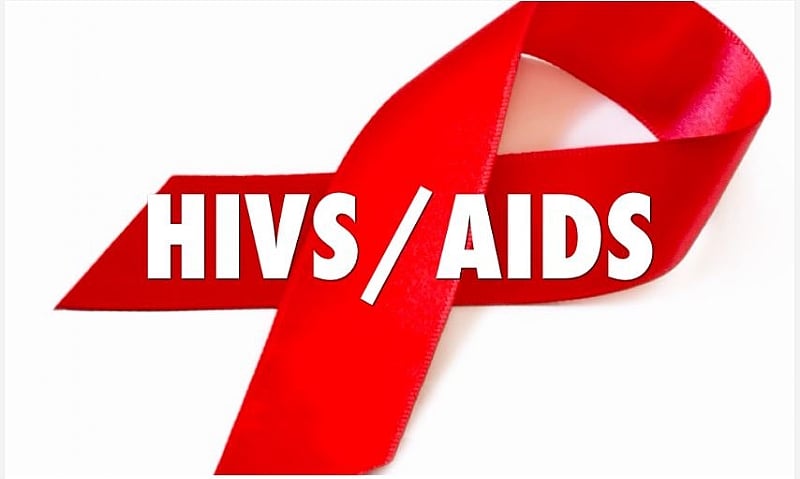The Urgent Need to Address the HIV/AIDS Epidemic in Ghana
The Ghana AIDS Commission (GAC) has painted a stark picture of the HIV/AIDS situation in the country, revealing that 50 new infections occur daily while 34 individuals succumb to AIDS-related illnesses each day. These alarming figures highlight the urgent need for intensified efforts to combat the epidemic. Director-General of the GAC, Dr. Kyeremeh Atuahene, emphasized that these new infections and deaths are preventable through early diagnosis and adherence to antiretroviral treatment (ART). This underscores the critical importance of promoting HIV testing and ensuring access to life-saving treatment for all individuals living with HIV.
The 2024 World AIDS Day commemoration in Accra served as a platform to address the challenges and renew commitments towards ending AIDS by 2030. The global theme, "Take the Right Path," and the local theme, "Ending AIDS Together: Stepping Up HIV Prevention Efforts," emphasized the collective responsibility in tackling the epidemic. This annual event provides an opportunity to reflect on the devastating impact of HIV/AIDS, assess progress, identify obstacles, and reaffirm global and national commitments to eradicating the disease.
Dr. Atuahene highlighted the significant economic burden associated with undiagnosed and untreated HIV infections. The loss of productivity due to HIV-related illnesses translates into a considerable economic drain on the nation. He estimated an average productivity loss of five days per month for each individual living with HIV who is not on ART. With an estimated 183,000 people living with HIV and not receiving ART, the cumulative loss to Ghana’s economy is substantial. This underscores the importance of investing in HIV prevention, treatment, and care as a crucial step towards achieving economic growth and sustainable development.
Ms. Elsie Ayeh, President of Nap+ Ghana, stressed the need for collective action and strengthened advocacy to effectively combat AIDS. She emphasized the conviction that ending AIDS is achievable through concerted efforts and collaboration. This call for unity reinforces the critical role of partnerships and community engagement in addressing the multifaceted challenges posed by the epidemic. Community-based organizations, advocacy groups, and individuals all have a vital role to play in raising awareness, combating stigma, and promoting access to testing and treatment.
The UNAIDS Country Director, Mr. Hector Sucilla Perez, provided a global perspective on the HIV/AIDS situation, highlighting that 1.3 million people acquired HIV globally in the past year, a figure significantly higher than the target of 370,000 new infections by 2025. He also revealed that 9.3 million people living with HIV worldwide still lack access to ART, underscoring the persistent disparities in access to crucial healthcare services. Mr. Perez emphasized the importance of addressing barriers such as stigma, discrimination, and punitive laws that hinder access to care. He called for greater investment in girls’ education, linking it to public health and human rights as a key component of HIV prevention.
The World AIDS Day event in Accra included a range of activities aimed at promoting awareness and access to services. These included exhibitions, community engagement initiatives, distribution of HIV educational materials and condoms, medical screenings, HIV testing, and blood pressure checks. These comprehensive efforts highlight the importance of integrating various approaches to address the diverse needs of communities affected by HIV/AIDS. The event served as a crucial reminder of the ongoing struggle against the epidemic and the need for sustained commitment and collaboration to achieve the goal of ending AIDS by 2030. The fight against HIV/AIDS requires a multifaceted approach that addresses prevention, treatment, care, and the underlying social and economic factors that contribute to the spread of the disease.














